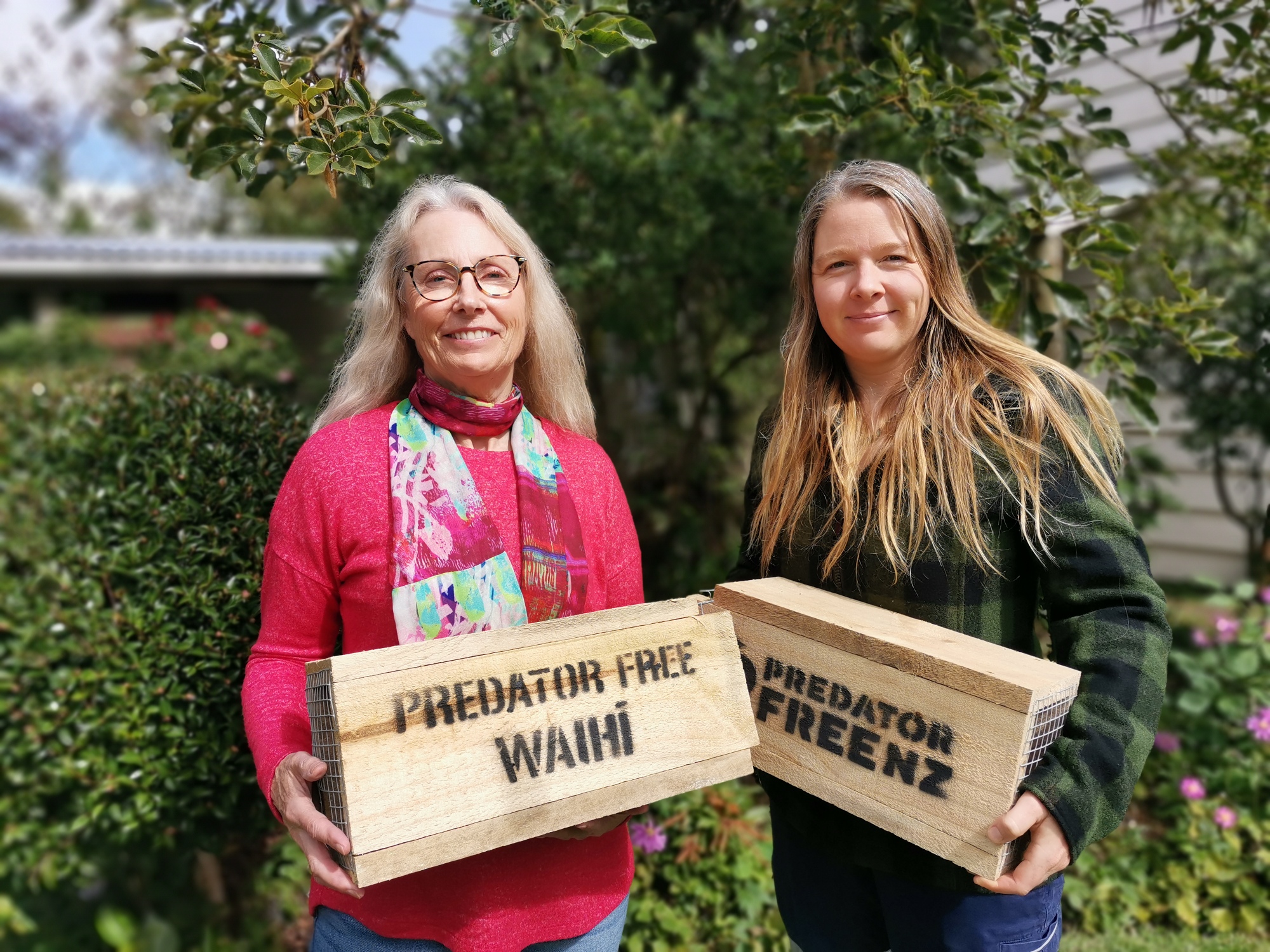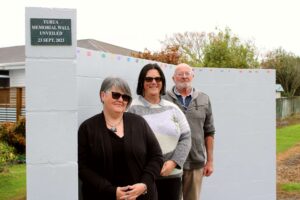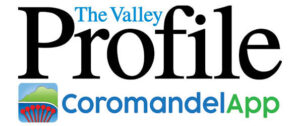A new group has been established in Waihī with an aim to eradicate pests and bring native wildlife back to the town.
Predator Free Waihī is a group of local volunteers led by Sam Mortensen, who has been involved in the set up and running of Predator Free Taranaki, Predator Free Waihī Beach and Predator Free Bay of Plenty.
As a self-described “tree hugger,” when Sam moved to the Hauraki just over a year ago, she was dismayed to find very little predator-controlling initiatives.
“I recently moved here from Taranaki and there’s just so much happening in other places, so I guess I was a little bit disappointed to see there wasn’t a lot happening here,” she said.
“I’m really passionate about getting people to reconnect with nature, and if they can see native birds and lizards and invertebrates in their garden that they may not have seen before, it’s quite exciting and helps people get motivated to do their bit.”
The group has teamed up with HELP Waihī to launch the initiative, and has received $5000 from Predator Free NZ to kickstart the project, beginning with 120 backyard rat traps in wooden tunnels being distributed to urban Waihī properties.
They are subsidised at $10 a trap, Sam said, with all funds raised to go to HELP Waihī to purchase more.
Predator Free Waihī also has plans to establish a trap library, where residents can borrow possum and rat/stoat traps for free – based at the HELP Depot at Waihī College.
“The next step will be setting up trap lines in urban reserves and walkways, and coordinating volunteers to check traps,” Sam said. “Further conversations need to occur with Hauraki District Council before starting in council reserves.”
With a core team of four, Sam said the group will be seeking additional funding to expand the project. They are also interested in hearing from other people keen to volunteer.
“I find this to be a good way to meet people in the community and connect with like-minded individuals,” she said.
“I’ve got two boys as well and I’m passionate about encouraging them to do their bit and care for Papatūānuku.”
DETAILS: To get involved, email predatorfreewaihi@gmail.com or find the group on Facebook.

Mandy Ryan and Sam Mortensen from the newly-established Predator Free Waihī. PHOTO: SUPPLIED
New group hopeful for a predator free Waihī




